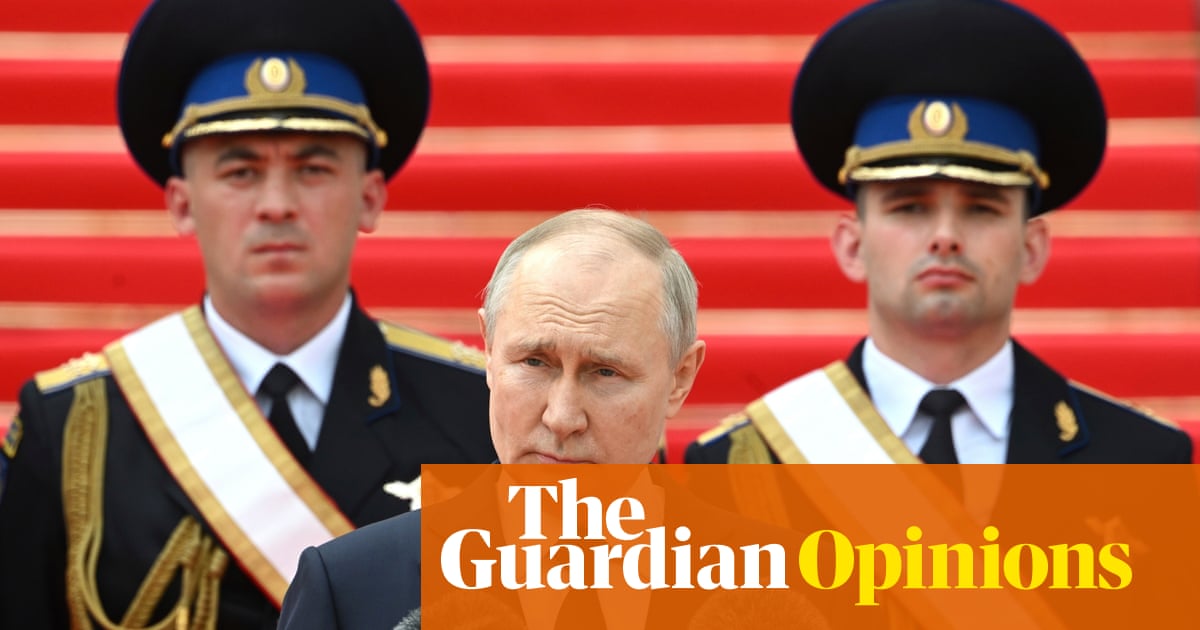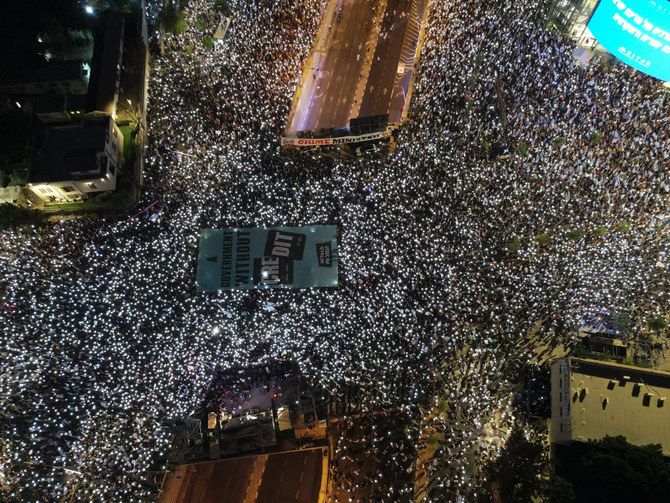
There is gratification but no comfort in seeing Vladimir Putin’s grip on power loosened. Yevgeny Prigozhin, the warlord whose aborted mutiny gave the world a glimpse of Putin’s political mortality, represents nothing better for Russia’s future. There is not much hope for democracy in a country where the most effective challenge to a tyrant’s rule comes from a murderous bandit who demands more competent tyranny.
As for what happens next, there is not much point forecasting from abroad. I learned as a correspondent in Moscow that decrypting Russian power games is hard enough from inside the country. The boundary between rumour, misinformation, paranoid conspiracy theory and actual conspiracy is hard to discern. That’s why I came home. Nothing stirs appreciation of western liberal democracy like sustained exposure to its opposite.
British politics has demeaned itself in recent years, but that judgment at least contains a memory of higher standards. Most laments about Westminster dysfunction express a portion of faith that something better is available without violence.
There is much that is flawed about our constitutional arrangements, not least the assumption that good manners and elite education are protection against abuse of power. It turns out that a prime minister can have impeccable establishment credentials and also no capacity for shame, in which case embarrassment alone won’t stop him lying or appointing unsuitable cronies to the upper house of parliament.
But there is resilience despite the rot. This month’s report by the privileges committee into Boris Johnson’s lies to the Commons was a reassertion of constitutional muscle by a legislature that was marginalised during the pandemic and belittled by Brexit.
Partly that was a function of MPs’ collective failure to grip events. Mostly it flowed from populist construal of the referendum result as the irresistible “will of the people”, conferring on the prime minister (as the people’s champion) a veto over any dissent in the Commons. The lowest point was September 2019, when Johnson used crown prerogative powers to dissolve parliament because it wouldn’t do his bidding. The weird ceremonial pageantry of prorogation couldn’t camouflage the authoritarian impulse. But the system didn’t yield. The supreme court overturned the decision.
It is demoralising that a man such as Johnson was able to become prime minister, but there is compensation in the brevity of his tenure. Which is the better measure of institutional function: exposure of the flaw or discovery that it isn’t fatal?
The question is more pertinent in the US, where Donald Trump is a proven threat to the constitution, faces 37 felony charges and is somehow still a candidate for the White House in 2024. The Capitol insurrection of January 2021 should have buried Trump completely. That it hasn’t exposes a terrible atrophy in the sinews that hold the US’s civic culture together.
Democracies can be enforced with rules, but they can’t thrive without adherence to unwritten cultural norms, of which perhaps the most essential is loser’s consent. The defeated side defers to the result of a fair election, and trusts that the winner will refrain from spiteful reprisals against a beaten rival.
The basis of that bargain is recognition that electoral minorities still have some representation and retain a stake in continuity of the system as a whole. Parties can vehemently oppose each other on almost everything, while accepting a common interest in a democratic project that is bigger than any faction, movement or individual.
It is grimly hard to see that ethos emerging in Russia and alarmingly easy to imagine it withering in the US. It is no small mercy that in Britain the likely losers of the next election can be relied on to accept their fate. Many Tory MPs have given up already. As polls currently stand, the contest doesn’t look close, but it will be competitive and the choice facing the country will be a meaningful one. The system is imperfect but not a sham.
Whether the difference between the two candidates for prime minister is big enough is a point of contention. Pro-Europeans despair at the opposition’s acquiescence to a hard Brexit. Radicals of left and right see convergence on fiscal policy – consensus that budget discipline is a virtue – as tantamount to a merger of Labour and Tory frontbenches.
It takes an effort of ideological obtuseness to survey the past 13 years of Conservative government and conclude that a Starmer administration would be no different, or that Rishi Sunak’s refusal to cut taxes makes him a Labour-lite prime minister.
A craving for drastic measures is understandable given the scale of problems facing the country. There is a deathly undertow in the current economic stagnation that makes caution feel like surrender. The appeal to reform by increments can sound like acceptance of decline. Impatience with the slow grinding of centrist gears is especially pronounced in younger voters who didn’t collect fond memories, safe jobs or housing assets in the boom years before the 2008 financial crisis.
Millennials have experienced economic policy for most of their adult lives as a boomer protection racket. Perhaps it isn’t surprising that surveys find them less sentimentally attached to democracy than older generations. One poll in 2019 found a majority of under-40s agreeing that the country could benefit from “having a strong leader who does not have to bother with parliament and elections”.
That was in the buildup to the general election with Johnson and Jeremy Corbyn on the ballot – the most febrile, polarised moment in recent British politics. Some of the appetite for revolution has probably dissipated since then, but not the underlying disillusionment.
Feeling uninspired by the electoral options should not be the default experience of democracy, but it is also to be expected from time to time. It doesn’t follow that the choice is illusory. “They are all the same” is a complaint too often made by people who haven’t experienced politics in countries where there really isn’t any point in voting. Putin’s bid for re-election, due next year, will showcase that kind of ballot, if he even allows one. The difference should be obvious.
It is not an enormous achievement for Britain to have better politics than Russia, but it is still reason to be grateful. Or at least it is reason to see the strength in depth of a political culture that has retained, through multiple overlapping crises, the credible promise of peaceful regime change.
To name any virtue in British democracy invites a charge of complacency because the reality is always short of the ideal, and every departure from the ideal can be plotted on a trajectory to authoritarianism. The only way is down and the slope is always slippery.
It is right to be vigilant, but not to the exclusion of perspective, for which events in Moscow are instructive. British politics often feels degraded, but it has not been stripped of the fibres that bind us together in a common political enterprise. It is worth pausing to celebrate that from time to time – not because the system is in robust health, but because one of the forces that corrodes democracy is premature despair that it has already been lost.
Rafael Behr is a Guardian columnist












